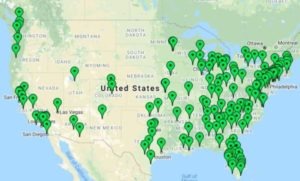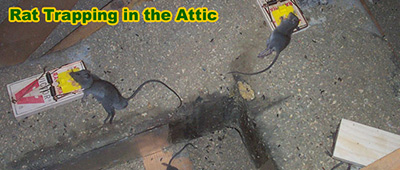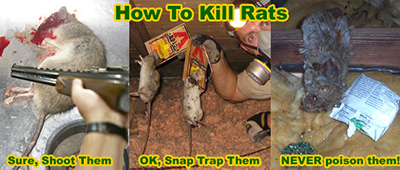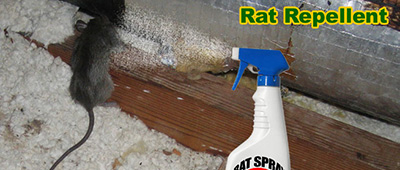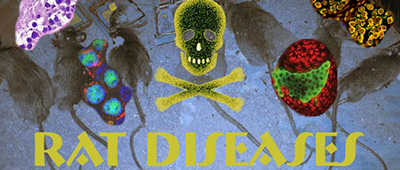Rats make an awful lot of noises, but most of them aren't usually picked up by the likes of the average
homeowner. That is until the problem gets much bigger. One rat moves in and starts chattering and chirping away,
telling its little rat chums that it has found a space that offers warmth and sheller, can keep them safe from
predators, and that has a steady supply of both fresh food and running, clean water. Urine trails leave pheromones
behind, offering step-by-step instructions, if you like, of where your home is and how they can break in - the weak
spots that have enabled them to already break in.
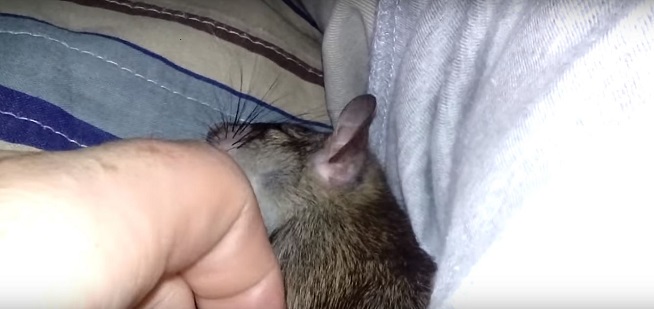
The sound of these rodents can lead you right to them if you're smart. Listen to the sound of the gnawing and chewing noises, using them to figure out where the rats are hiding in the depths of your home. Follow the sounds, using a flashlight to guide you. It won't be long before you start seeing signs of a rat infestation, as well as hearing them, seeing poop, urine stains, and maybe even grease-stained patches on the walls and floors, left behind by the fur of the animal.
If you hear ANY strange sounds coming from your home, investigate immediately. Rats can pose a very big problem to any building, whether it is residential or commercial, and those sounds that drive you crazy will often by the most useful tool when it comes to finding them and then evicting them.
Go back to the Rats in the Attic home page.
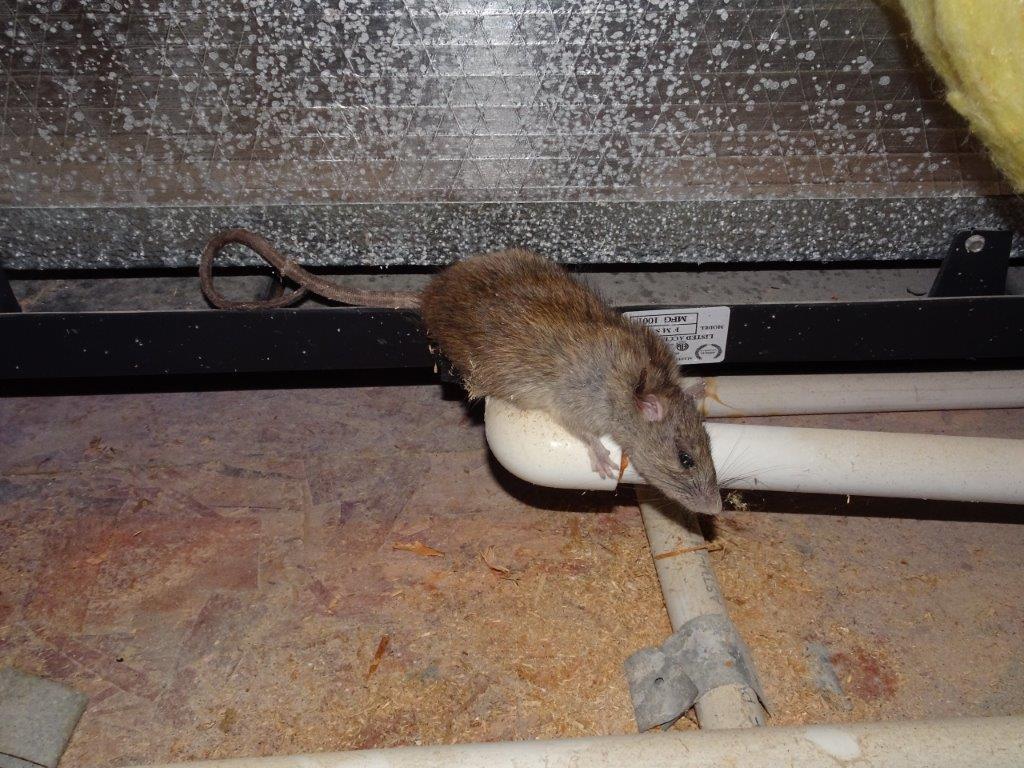
Like most people, you probably have a pretty set idea about what a rat is in your mind. To many, a rat seems like a simple creature. They are vermin that occupy your home without an invitation, make a mess, ruin food, and cause damage that could burn your house down if you’re not careful. They mate constantly and have so many babies that they could overrun your home in no time at all.
What if I told you that most of what you think about these primitive creatures is not entirely true. In fact, they may not be nearly as primitive as you think. But what does this all have to do with the chirping and squeaking that they make around your home?
Well, to begin, rats are actually incredibly sophisticated and complex beings. You are probably aware that they use them for research in science experiments and it is definitely not just because there are so many of them.
It is actually because their brain chemistry is very close to that of human beings. What that means is that their brains are able to process much more than other animals. This allows them to do a series of complex things including a rich form of communication not dissimilar to our own.
Rats communicate their thoughts and emotions using three main types of sounds. These three sounds are hisses, squeals, and chattering. The hiss is used in a similar way to a cat. They use it when they are angry and trying to voice their displeasure. Squealing, on the other hand, is how a rat warns others that it is in a situation that is making it scared. Pigs are another common animal to do this.
Chattering, however, is where the bulk of communication is done by rats. This sound that is described as a chirping takes on many forms. They do their day to day “talking” using this sound but also use it to let other rats know they are looking to mate. It lets other rats know that they are a potential partner and that it is time to get together and make some more rats.
But why exactly did rats learn to “speak” to each other in this way? To find the answer we must look inward. Why did human beings decide to start making guttural noises we ascribe with meaning? To make our societies run better.
Because rats are such great communicators they can pass on information to the rest of their colony that keeps them safe and able to grow better. They can teach their young when to be afraid and when to be calm. Communication is a tool that a society develops to run smoother.

